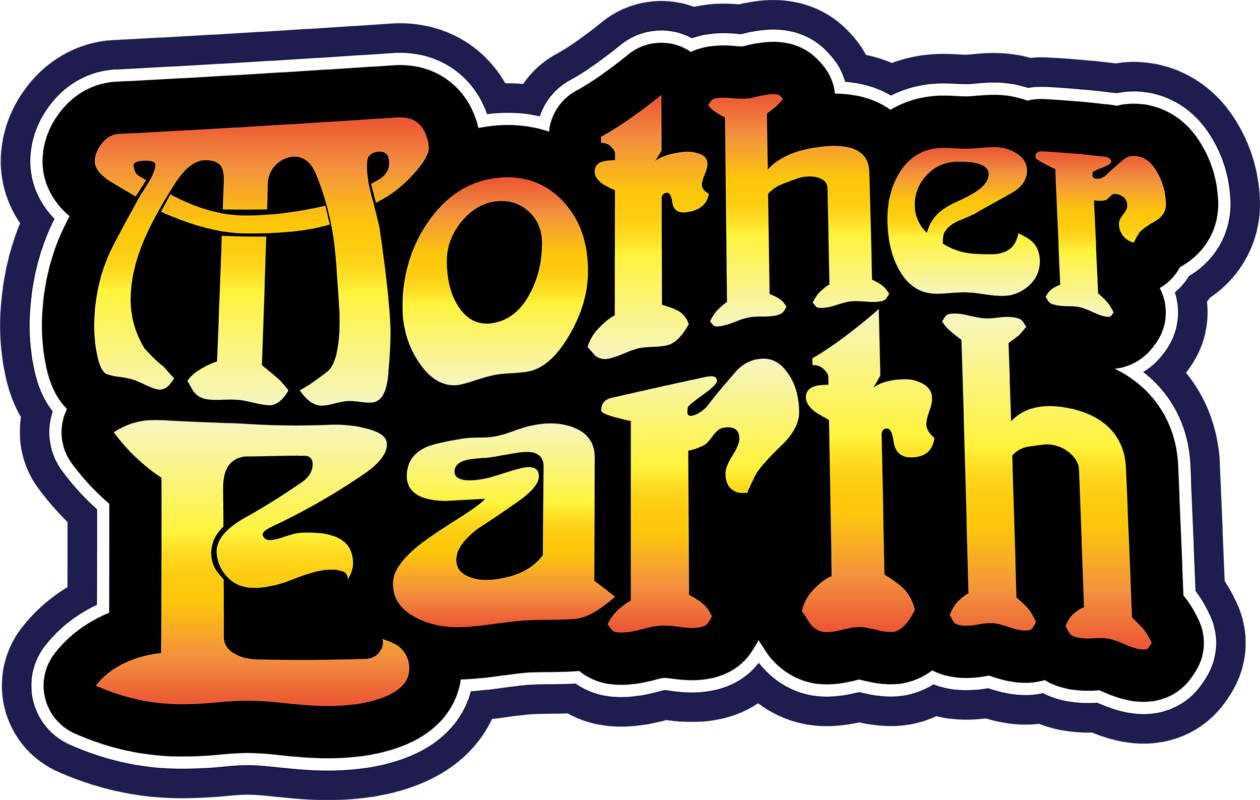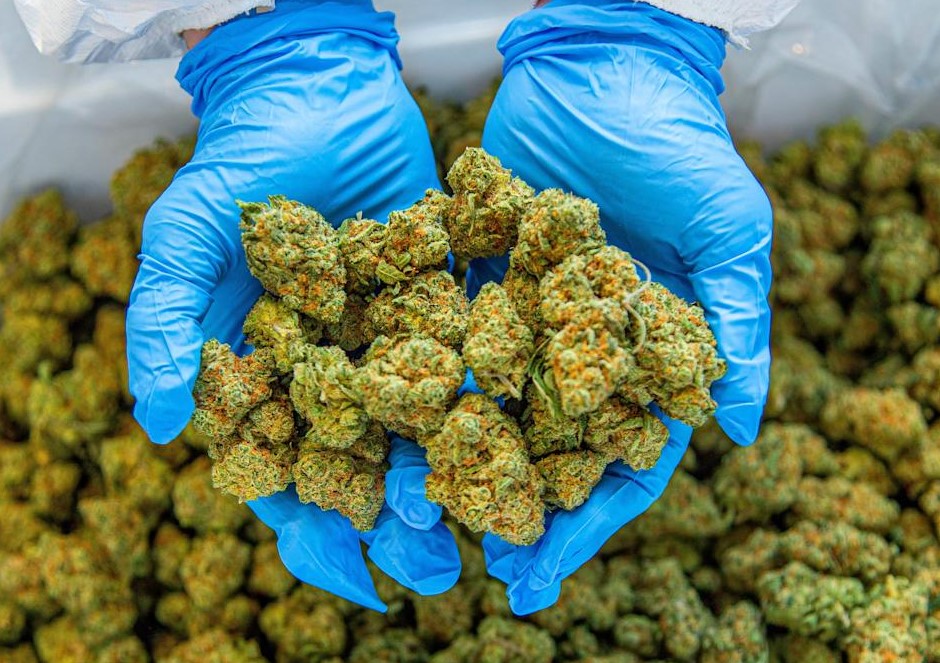Uncategorized
Weed Terms: Cannabis Slang Guide
The language of cannabis is comparable to that of computer programming. They were a method to openly discuss something that had been banned for many years. Cannabis jargon was, in reality, devised as a result of necessity. Cannabis consumers needed to establish a covert way to communicate about their habit without getting caught by their parents, instructors, school officials, or cops.
In the same way, we see many marijuana-related terms because as those who attempted to limit cannabis use acquired the lingo, it had to change. This is one of several reasons why we employ such a variety of words for our cannabis talks. But don’t forget about the joy and creativity we’ve all experienced while high. On its own, the blend of those two sentiments provides enough language for its own.
Where did all these words come from?
The Most Popular Weed Terms
Marijuana
According to some, the term “marijuana” came about in the early part of the twentieth century. Prior to 1900, Cannabis sativa (or simply cannabis) was merely known as.
Cannabis originally referred to the parts of the plant used to generate the psychoactive high. Hemp was formerly known as cannabis when it was produced for its fibers rather than its hallucinogenic properties.
The word marijuana is derived from the Nahuatl (Aztec) term mallihuan, which means “hemp.” This term traveled north with Mexican immigrants following Mexico’s Revolution.
The word “marijuana” was first used in the early 1800s by scientists studying it. It subsequently changed its spelling to the current one, and it was employed by the head of the newly formed Federal Bureau of Narcotics to paint a rather racist picture of non-white people (who, according to his view, were made that way as a result of cannabis plant’s horrible effects).
Because of its usage, the word marijuana has traveled from coast to coast and around the world.
Pot
Marijuana is commonly referred to as “pot,” which is a term that cannabis enthusiasts debate. It’s a name that was first used in the 1930s and 1940s, most likely as a consequence of the popularity of jazz music.
The name pot is said to have been derived from the Spanish term “potiguaya,” which refers to a alcoholic beverage made by infusing cannabis leaves in brandy or wine. The Latin words potationem guayam, which mean “infusion of cannabis leaves in alcohol,” were used to describe this alcoholic drink.
Throughout the 1940s, 1950s, and 1960s, the term “pot” was used. It was eventually eclipsed by the following marijuana phrase.
Weed
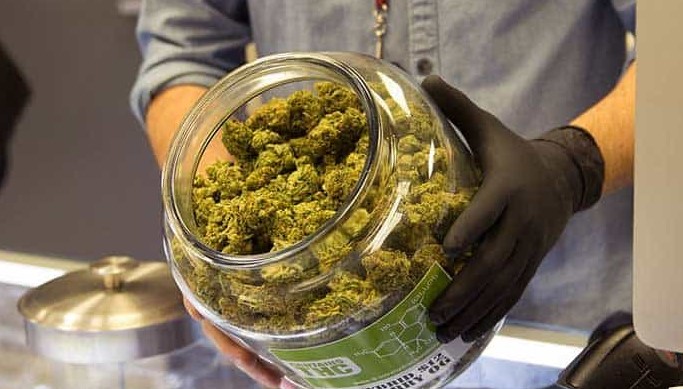
In the late 1980s and early 1990s, “weed” began to be used more frequently. And once again, no one knows why it became a term for marijuana (as evidenced by the name of this piece).
The etymology of “weed” is simple to guess, as is the case with a lot of these words. A weed is an aggressive plant that grows in the wild and flourishes where other plants would not grow due on its environment.
Although cannabis isn’t technically considered a weed by the scientific definition, it is comparable in size and grows all over the world. Furthermore, at the time, parents and officials perceived it as “undesirable” or “unwanted.”
Ganja
Ganja is not a foreign word; rather, it’s a loanword. Many people believe that ganja originated in the Rastafarian religion, which is known for advocating marijuana use.
Cannabis is a Sanskrit (Indian) term that refers to the wide variety of cannabis, which is commonly known as cannabis sativa. Ganja specifically refers to cannabis flower buds and contains terms for resin and seeds/leaves (charas and bhang, respectively).
Mary Jane
Marihuana was first referred to in 1740 as “Mary Jane,” after the strain of cannabis used. It’s made up of two parts: mari (Spanish for “sea”) and juana (Spaniard for “woman”).
In Spanish, the ‘i’ in marijuana makes an ‘ee’ sound. Because of this, the first two syllables are almost identical to Mary’s name. Juana is a Spanish given name that corresponds to English names like Jane.
The term’s spread may have gone something like this: Mexican immigrants arrive in the United States in the early 1900s, bringing psychoactive plants with them. In order to terrify native Americans into turning against the immigrants, the government adopts the Aztec name for the plant as a means of terrorizing them.
Mary Jane is a Spanish name that originated in Mexico, where it was dubbed Mary Juana by the Mexicans who carried it across the border.
Dope
When the word “dope” was first applied to opium or a morphine derivative in the drug world, it meant “opium.”
The word “dope” is a slang term that refers to a thick, syrupy, molasses-like substance manufactured when opium is smoked. It then scaled the fence and took on the broader meaning of any drug (rather than being restricted to opium).
The term “dope” was not originally used to refer to a narcotic until the 1950s. This time, cannabis was smoked. Because new and even more powerful narcotics such as heroin claimed the term for their own usage, that designator wouldn’t last long as a marijuana phrase.
The word “smack” comes from the English term for opium, which was originally used to describe less powerful opiates in a modest way. With their growing availability, it began to refer almost exclusively to more powerful toxins. During the 1980s and 1990s, unenlightened parents occasionally inquired, “Are you smoking dope?” However, as time progressed, this stopped.
Wacky Tobaccy
This should go without saying. Cannabis is chopped up for smoking and appears to be like tobacco (or oregano). Cannabis, on the other hand, can induce psychoactive side effects that can make you silly in a hurry.
“Wacky tobacco” is a more appealing than “wacky tobaccy,” while “wacky tabacco” is a better name. And, in the case of cannabis, having a good time is always the objective.
Hash
In some countries, such as the United Kingdom and Australia, a different term is used to describe cannabis. The Arabic term for “grass” gave rise to the word “hashish.” Hashish is a black, sticky substance produced from Cannabis sativa plant flowers. It can be made by hand, by sifting leaves through a screen, or using alcohol extraction.
Although cannabis and hashish have varying chemical compositions, the term “hashish” was abbreviated from “hashish” and then applied to the plant in general. It’s also easy to see how the name got its start.
Bud
Even the newest novice of us knows that plants produce flowers. Right? It’s from second grade, I believe. Marijuana is a plant like any other, and it too produces blossoms. The blossoms are what give marijuana its high.
Although the blooms in The Birth of Venus are formed, these flowers do not develop fully formed. They emerge from tiny buds. In order for the Man not to comprehend, stoners of the past utilized that information as a method to communicate about marijuana.
Nug
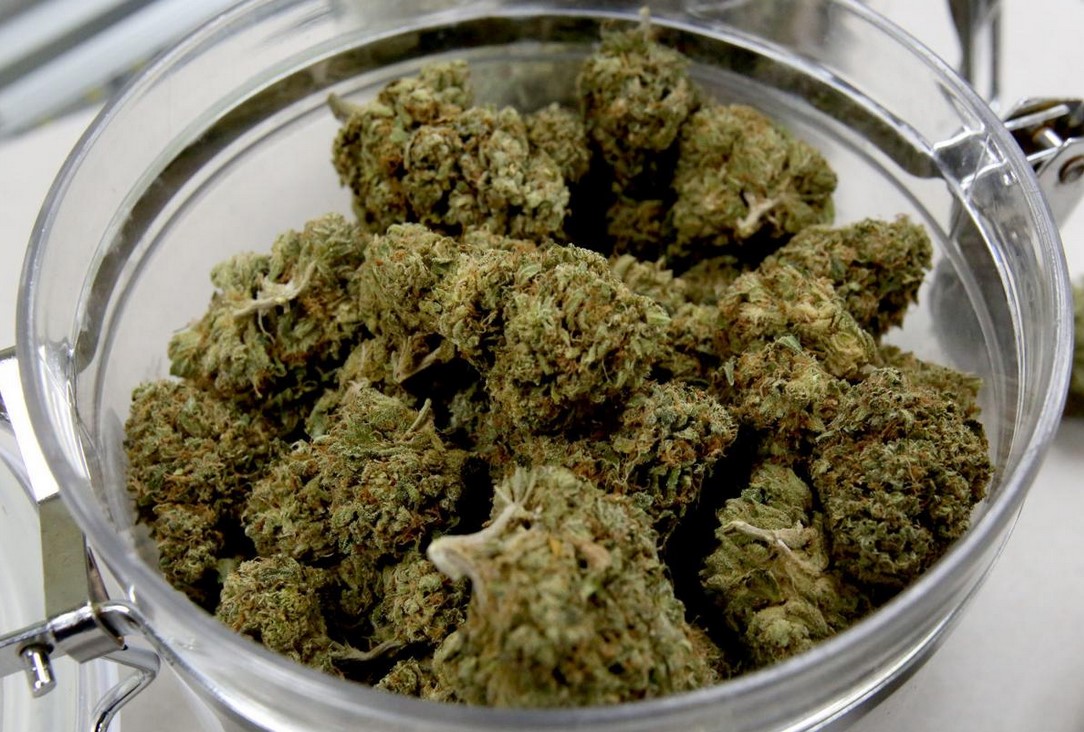
The phrase “bud” was created as a variation of the concept. As previously stated, cannabis plants produce buds all along the leader (i.e., the main stem). However, many people believe that tippy-top buds are superior because they receive the most sunlight and frequently develop to be the biggest.
As a result, the slang gods descended from on high and bestowed us with an efficient way to discuss these magnificent buds. Instead of stating, “I’d want a Zip of your finest Yoda OG, sir,” you may simply say, “Please send me some Nugs of Blue Dream, good sir.”
It’s not much shorter, but it’s a lot more fun to say (thank you, slang gods). The distinction between a nug and a bud is slight, but it’s there. All nugs are buds, but not all buds are nugs. Only the finest buds may be referred to as nugs despite their outward appearance.
If you’re unsure about how to pronounce this marijuana phrase correctly, don’t worry. These phrases are now used interchangeably (because who doesn’t want to smoke the greatest ganja possible in 2017?) So don’t sweat it.
Flower
After you’ve learnt about buds and nuggets, it’s straightforward to grasp what a marijuana strain is. This phrase should be used with caution, and it’s important to know who and where you’re using it. If you go up to the incorrect individual and say, “I’d want some flowers, please,” they will almost certainly offer you roses, daisies, or tulips. It won’t even happen if you ingest them just for the purpose of getting high or relieving your suffering!
If you’re inclined to talk more, this is the one for you. It’s a little old-fashioned, but you may bring it up from time to time with those who are aware of such things (e.g., “That’s some delicious flower!” as you pass the joint around the circle).
Dank
Dank, for example, is one of the most disliked words in the English language to those who are unfamiliar with it. Dank, on the other hand, is a wonderful thing for smokers.
The scents are the result of cannabis with a high content of humulene, myrcene, and other terpenes (which is a good thing).
The word dank, which is frequently used as a noun to characterize high-quality marijuana, may also be used as a verb (as in, “Pass that dank my way!”).
Sinsemilla
The name comes from the words “sin” (without) and “semilla” (seed), thus it is a portmanteau (two words combined together). Literally translated, it means “no seeds.”
The Spanish word “sinsemilla” refers to cannabis blooms that were not pollinated while growing and do not contain seeds.
Because pretty much everything you’ll come into contact with – including plants, buds, and goods – will be sinsemilla (or derived from it), this is a safe term to use.
For more information on the history, pronunciation, and benefits of sinsemilla marijuana, check out this HMJ blog post: Everything Cannabis Enthusiasts Should Know About Sinsemilla.
Focus On The Smoke
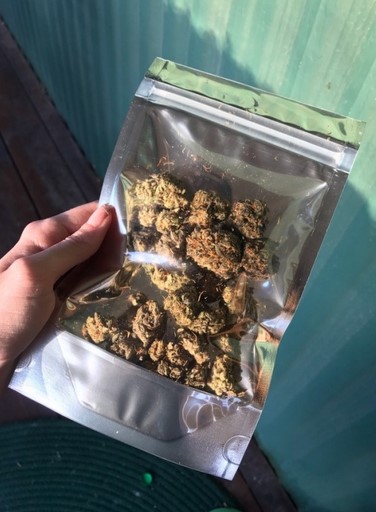
Don’t get too worked up about choosing the perfect term. You don’t want to call a joint a spliff in order not to be ridiculed and despised for the rest of your life, right? That being said, it’s not necessary to be too picky.
Instead of memorizing the entire list of marijuana phrases, concentrate on the smoke (slang for being more concerned about what you put in your body rather than what comes out of your mouth) a few at a time. You’ll get the hang of flinging cannabis lingo like a pro after enough practice, and you won’t have to worry about it any longer.
Meanwhile, concentrate on the finer points such as the kind of strain you’re smoking, its quality, and how it was grown. To provide cannabis enthusiasts with the cleanest marijuana experience on earth, we use world-class organic cultivation processes at our Rocky Mountain-based grow facility.
We grow our plants in soil that is free of pesticides and fertilizers, as nature intended. We even hand-trim our plants to ensure that they are completely organic starting at the ground up. The ability to convert your favorite meals into something different entirely is a game-changer. Not only does this make all of your smoking, dabbing, and edible activities more pleasurable, but it also ensures that everything tastes better — regardless of how you light it
